Facebook Sees Minimal Growth In Diversity, Says It 'Desperately' Wants A Change

Facebook reported Wednesday a change in its diversity numbers for Hispanic and black employees, a first since the company began publicly releasing the data in 2014.
The company’s 2017 diversity report showed a 1 percentage point increase in representation for both Hispanic and black employees, from 4 percent and 2 percent, respectively ― but the change reflects growth only among non-technical U.S. workers.
The new data is just slightly more encouraging for women, who rose from 33 percent to 35 percent, globally, and from 17 percent to 19 percent among its technical workers, those whose roles are related to math, engineering or science.
The growth in Facebook’s annual diversity data is minimal, at best, but the company’s global director of diversity, Maxine Williams, is far from discouraged by the slow progress despite the significant amount of time, money and energy invested in the effort over the years.
“We do want to do more,” Williams told HuffPost on Tuesday. “It’s true, I would love to see much more. I would also say that it should not be disregarded when you see those percentages, particularly on a growing base, because it means the hiring of those underrepresented groups has to outpace the hiring of the majority groups. That is a very challenging thing given that you inherit a lot of stuff from society.”
She added that while not trying to put the blame on society, she feels issues like the low number of women in computer science majors make it difficult for Facebook to increase their female workforce due to the “percentage of people graduating with the skills we need.” Still, data has shown that more Hispanic and black students are majoring in computer science and engineering than are being hired.
Williams says external obstacles have motivated the company to look internally for solutions, and she hopes that the small growth reported this year and all the company’s efforts will send the right message to underrepresented candidates looking to work at Facebook.
“That is what I hope comes out of any positivity around seeing some change, is that people will know how desperately we want them here, how much we believe that they will add value to us and how much we believe that we are at a disadvantage now for not having more of them,” Williams said. “So we are putting everything behind trying to tell that story so that more people come because, yes, we want more as well and we are trying as hard as we can to do that.”
Facebook has invested in increasing diversity in tech externally as part of its efforts ― including committing $15 million over five years to Code.org, which focuses on getting underrepresented students interested in engineering and computer science. In April, the company also mandated that women and marginalized groups make up at least 33 percent of the outside law firms they work with.
Internally, Facebook has focused its initiatives around recruitment and retention. In 2013, the company started Facebook University, an eight-week immersive program for rising college freshmen in underrepresented communities that now touts over 500 graduates. Some students have since returned to Facebook as interns and even full-time hires, according to the company.
Williams said the company has also worked on retaining diverse hires by owning and reducing bias as much as possible, “on the assumption that there is bias in every system because all human beings have bias. We want to own what is ours.” Facebook’s publicly available Managing Unconscious Bias class is now complemented by the Managing Inclusion program, which teaches how to manage diverse teams, and Be The Ally, which gives all employees the tools to support each other.
Similarly, Facebook hopes to build internal support systems with events like its Women’s Leadership Day, Black Leadership Day and the upcoming Latin@ Facebook Leadership Day.
But Williams says the company’s most impactful short-term initiative would probably be its Diverse Slate Approach in recruitment. The strategy, which is akin to the NFL’s Rooney Rule, “is an expectation that for open job roles you are seeing underrepresented people in the interview process,” including having them on-site for interviews. DSA began as a pilot project in 2015 and is now used globally within the company.
As far as obstacles, Williams feels one of the biggest challenges has been operationalizing every initiative within Facebook’s “decentralized culture.” This is particularly true, she says, for efforts that aren’t mandated. Managing Unconscious Bias, for example, isn’t required because Williams says company research has shown people are more receptive when they take the course willingly.
In January, Bloomberg reported that diversity efforts within Facebook were being undermined by high-ranking engineers who were vetoing diverse candidates near the end of the hiring process. Williams said the article was written without any input or research from the company and that the source, an anonymous former recruiter, did not have the information to make the claim.
“We have never ever verified all the claims that that person made,” Williams said. “We don’t know exactly what they shared to come up with the conclusion that they came up with, but that is an individual conclusion that was never corroborated by us.”

In spite of the challenges, Williams is passionate about the benefits that true diversity can bring to Facebook, and says it will ultimately show in every “single discussion, every single meeting [and] every product roll-out.”
“Our focus here is on cognitive diversity,” Williams explained. “And cognitive diversity means having people who think differently, because we know from our data that if you have people who think differently you will get better results because people will push each other in different directions, they will expose things. One of the biggest issues is not doing what you don’t know.”
“The more different people you have in a room who are focused on solving complex problems, the better results you get, because people are looking at it from different angles,” she emphasized. “And we know from the research that who you are, what your background is, what your identity is influences how you think.”
Williams points to the custom gender option from 2014 as an example of a Facebook decision that was linked to an employee’s identity. The idea, she says, came from the LGBTQ community at Facebook, who said it didn’t make sense for users to only be allowed to choose from the binary labels of male and female.
Facebook released data on its LGBTQ workforce for the first time in 2016. This year the voluntary survey, with a 67 percent participation rate, found that 7 percent of employees self-identified as lesbian, gay, bisexual, queer, transgender or asexual.
Looking forward, Williams hopes that a more inclusive Facebook will continue to help the company reach its overarching goals.
“We want to help people be connected and build strong communities and we can only do that if we continue to increase the people in our own community who reflect the world,” Williams said. “So I just want to keep having more and more [diversity] and making sure that when people are here, our inclusive culture allows them to leverage cognitive diversity so it can deliver its potential.”
Also on HuffPost
Love HuffPost? Become a founding member of HuffPost Plus today.
Queer North America Rideshare
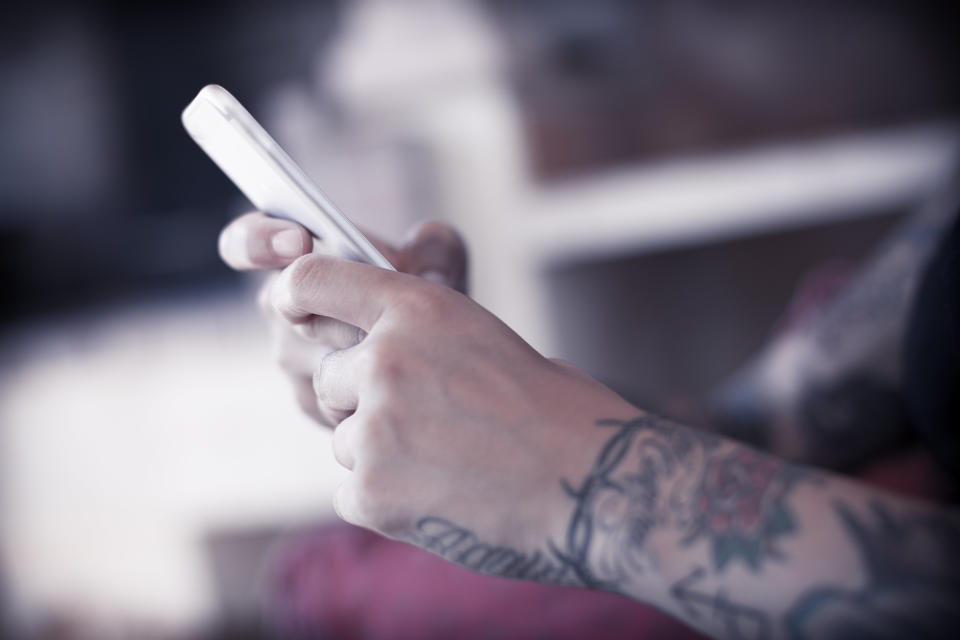
Transgender World
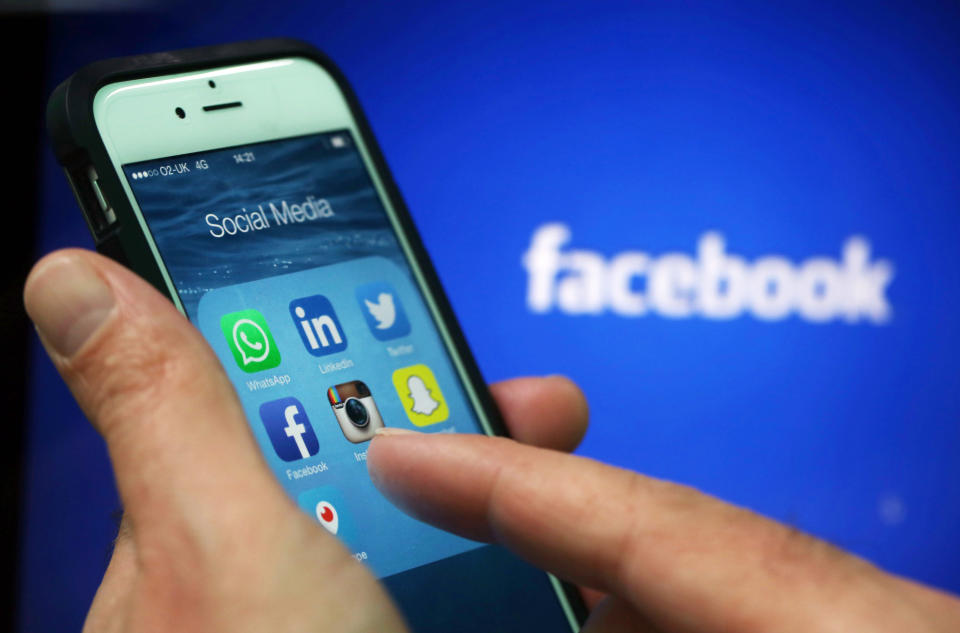
LGBT Real Talk Radio
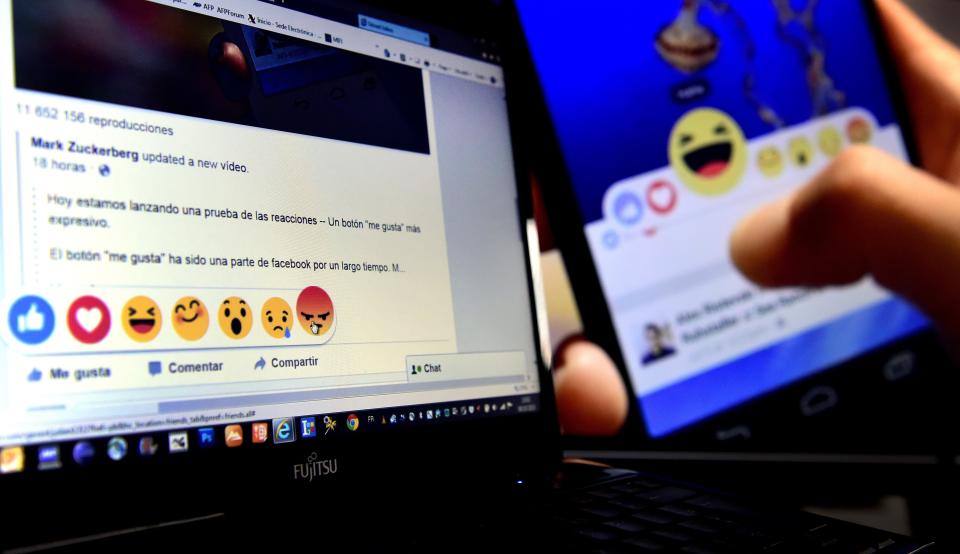
LGBT Advocate

GLBT Writers and Readers
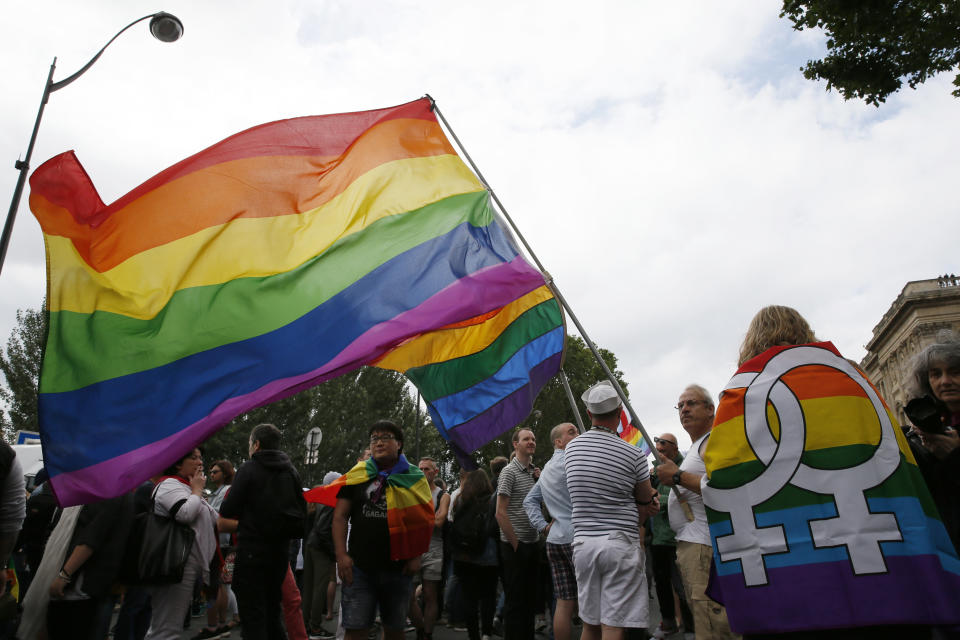
Transgender Support
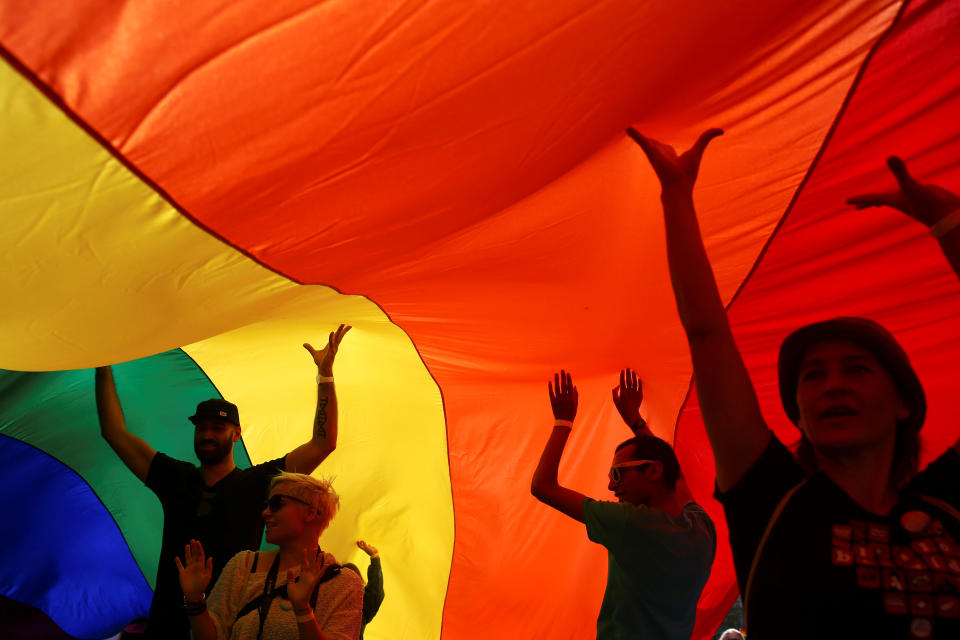
Gay Professionals

Parents Of Transgender Children
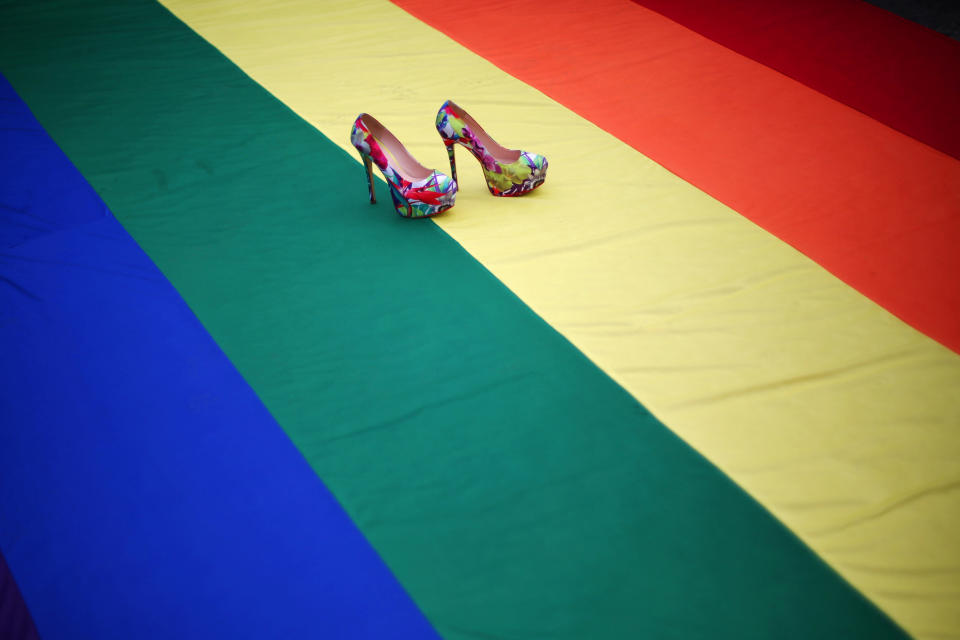
Lesbian TTC, Pregnancy and Parenting
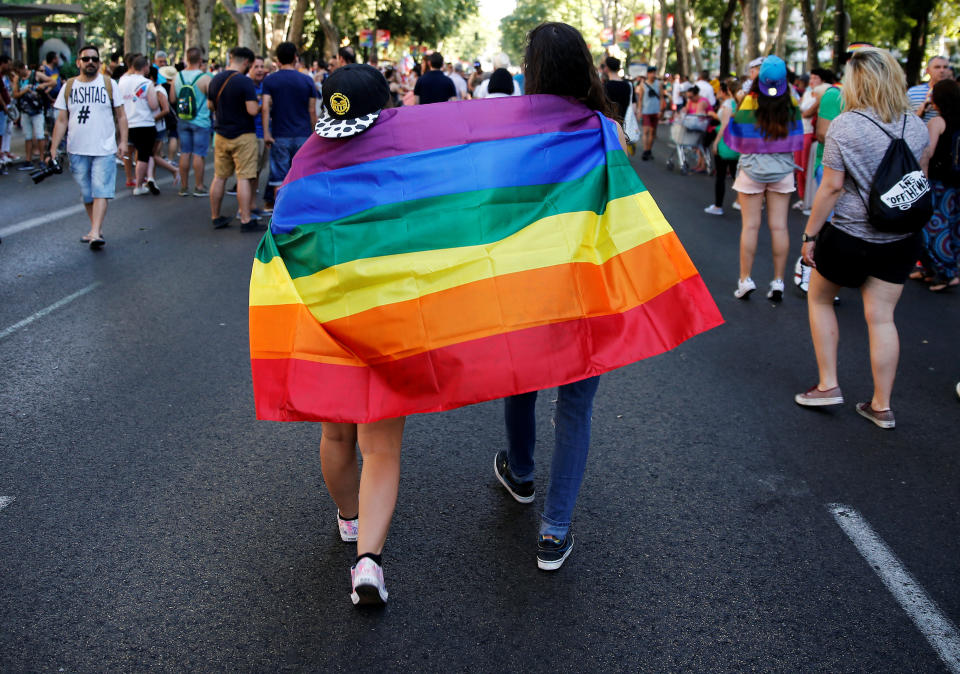
LGBT CrossFitters
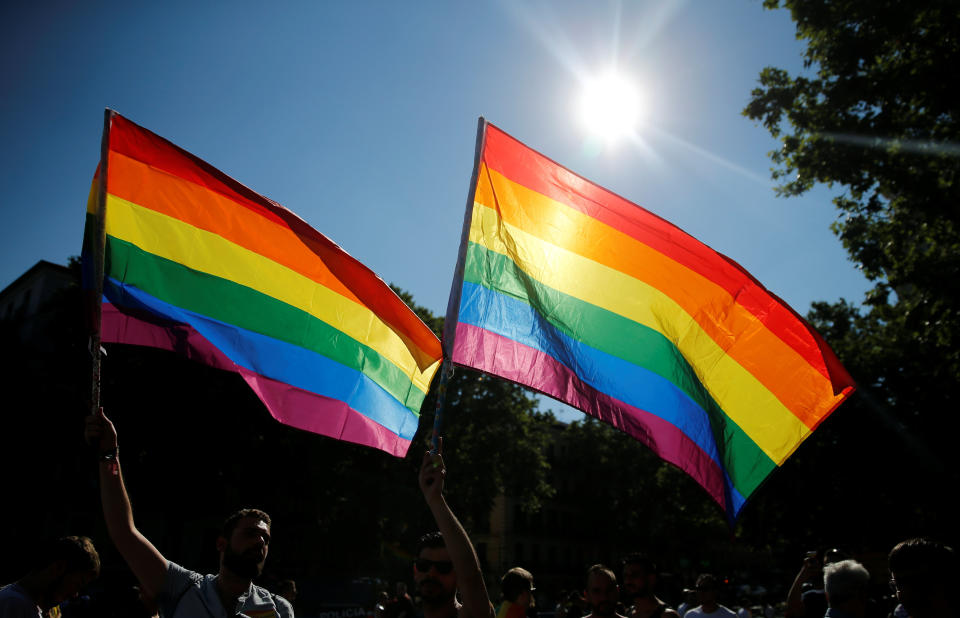
LGBT Pride Support

This article originally appeared on HuffPost.

